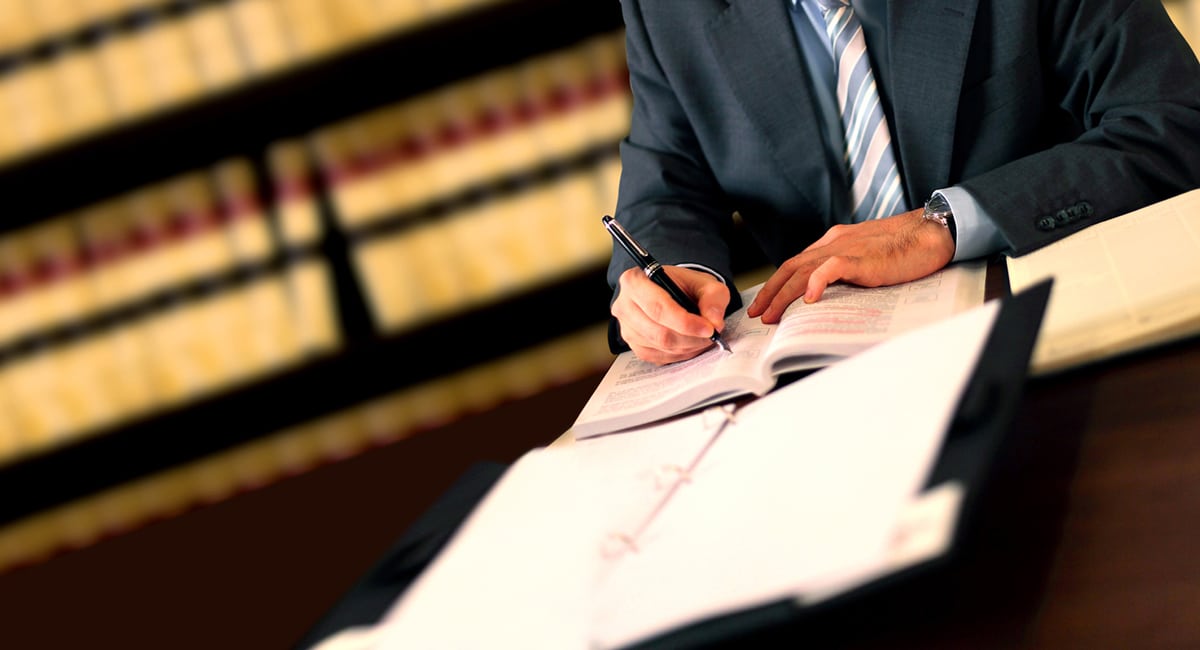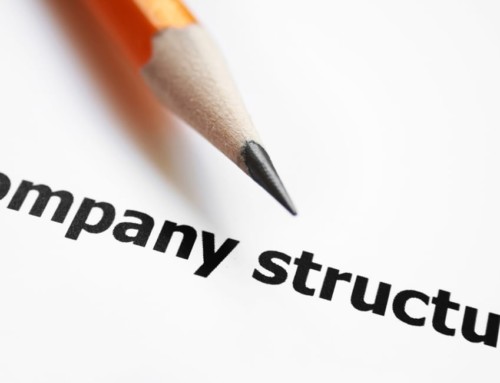The people who are directors of a company are an important facet to how the company is managed. They make the decisions as to operating the business and also the major decisions as to future strategy, capital raising and distribution policies. A director can technically only be appointed with the approval of more than 50% of the shareholders. Therefore, if you are entering into a currently operating business as a shareholder and will not have more than 50% of the shares, then you need to ensure some form of mechanism is in place for you to have a directorship role if that is what you desire. This should, therefore, be drawn up in the Shareholders & Directors Agreement the company should have.
Regarding directorships, it is also wise to be aware that your role as a director has with it responsibility and potential liability. Where directors allow a company to be run recklessly by the directors or where directors are allowing the company to trade while in an insolvent position, those directors may be held personally responsible for losses suffered by third parties and/or shareholders.
Also, it is standard practice for third parties who are trading with a company or landlords who have leased premises to a company, to require personal guarantees from all the directors to secure the obligations of the company. This also applies where a bank provides a lending facility to a company and requires the directors to personally guarantee the debt. If such a situation arises, it is important for directors to understand the risks they face. A director who has less than 50% of the shares in a business for which he or she has guaranteed liabilities runs a risk that they could be removed from their directorship position, but remain personally liable under the guarantee they had previously signed. In such circumstances, it is sensible for parties to consider the obligations of each other regarding the running of the company, and if necessary, including appropriate mechanisms in the company’s governance documents to ensure that directors’ responsibilities and liabilities are managed if there is a change in structure.
A Director, who has less than 50% of the shares in a business for which he or she has guaranteed liabilities runs a risk that they could be removed from their directorship position, but remain personally liable under the guarantee that had previously signed. In such circumstances, it is sensible for parties to consider the obligations of each other regarding the running of the company, and if necessary, including appropriate mechanisms in the company’s governance documents to ensure that directors’ responsibilities and liabilities are managed if there is a change in structure.
Prudentia Law is happy to help with documenting these safety mechanisms within company Shareholders & Directors Agreements. Please contact us to discuss.







Leave A Comment